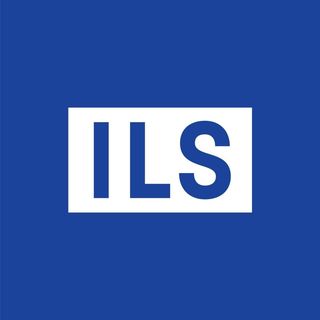Monroe County, Indiana
Free legal advice or legal representation for people who cannot afford it.
Welcome to our Monroe County, Indiana legal help and services page.
Legal Aid is for people who may not be able to afford an attorney. In order to qualify for legal aid at these non profit organizations listed below, you will need to contact them directly.
We provide the details of these offices to save you time in your search for legal aid. Our details include names, addresses, frequently asked questions, qualifications, etc where we can find them.
Legal aid services can include the following legal services for situations involving: Domestic violence, family law, housing rental evictions or home foreclosures, public assistance such as medicaid, food stamps, SSI Disability, SSDI benefits, public housing evictions, disability beneifts, etc.
Finding hard to locate resources for legal is what LegalAidOffices.com is all about. We scoured thousands of non profit resources to find as many local resources for free legal assistance as we can. View our listings below.
Search Results:
-
 District 10 Pro Bono Project Email Website Learn more PO Box 8382
District 10 Pro Bono Project Email Website Learn more PO Box 8382
Bloomington, IN - 47407
(812) 339-3610
The District 10 Pro Bono Project provides quality, free legal services for low- income people in the Indiana counties of Greene, Lawrence, Monroe, Owen, Clay, Hendricks, Morgan and Putnam Counties. To apply for services, please call (812) 339-3610 every Monday, 10 a.m. to 12 p.m. and Thursday, 2 p....See Full Details
 Indiana Legal Services, Inc. - Bloomington Office Email Website Learn more 214 South College Avenue
Indiana Legal Services, Inc. - Bloomington Office Email Website Learn more 214 South College Avenue
Bloomington, IN - 47404
(812) 339-7668
Indiana Legal Services, Inc. (ILS) is a nonprofit law firm that provides free civil legal assistance to eligible low-income people throughout the state of Indiana. ILS helps clients who are faced with legal problems that harm their ability to have such basics as food, shelter, income, medical care ...See Full Details
Indiana Cities
Important Information
Legal Aid Funding
Legal aid professionals and organizations oftentimes receive government funding for taking on cases with those who cannot afford attorneys. For the most part, funding is limited so legal aid entities can only take on a limited amount of cases. Qualifications are often rigid.Resources